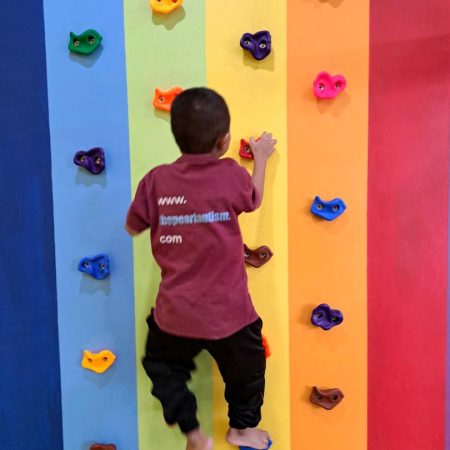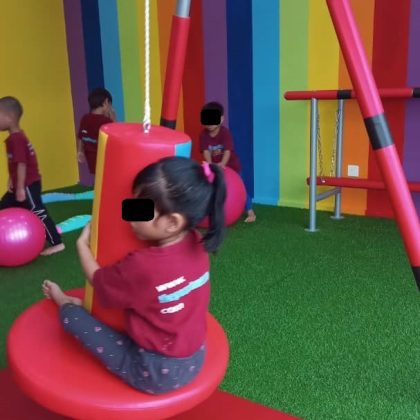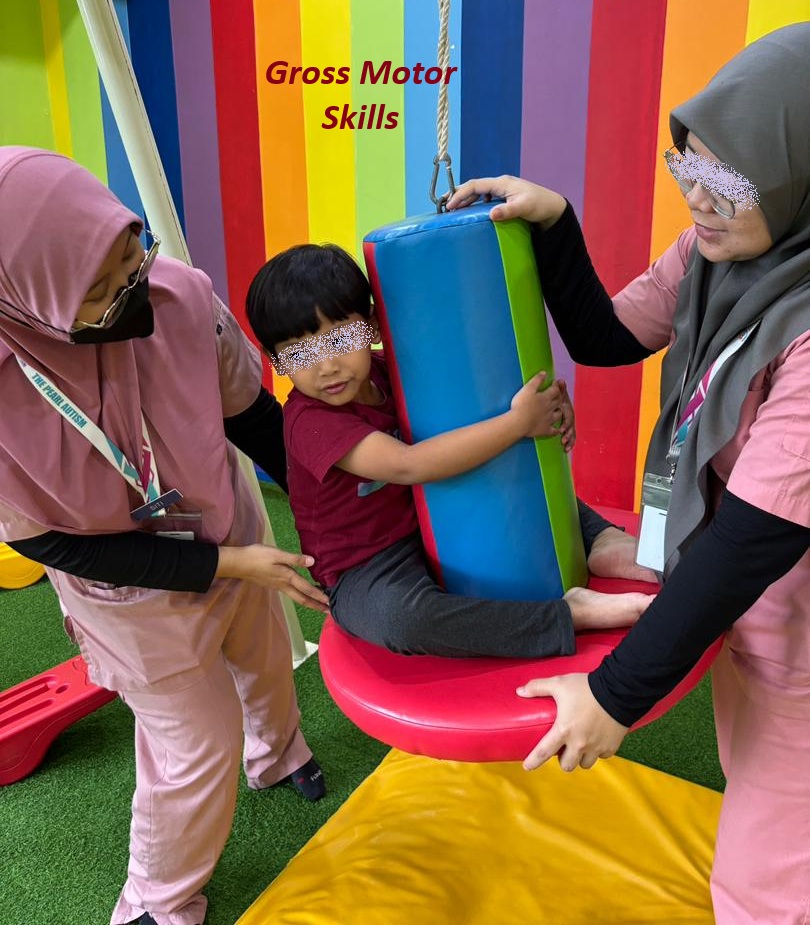In the context of early childhood education, the role of playgrounds takes center stage, particularly in the dynamic landscape of kindergarten learning. These vibrant spaces extend beyond mere recreational areas, playing a pivotal role in shaping the holistic development of young learners. The significance of playgrounds in kindergarten education is multi-faceted, encompassing physical, social, cognitive, and emotional dimensions. As we delve into this exploration, it becomes evident that playgrounds serve as essential arenas where the foundations for a child’s growth, both in body and mind, are laid with purpose and playfulness.
Playgrounds hold significant importance in kindergarten education for several reasons:
Physical Development: Playgrounds provide a setting for children to engage in physical activities like running, climbing, and swinging. These activities contribute to the development of gross motor skills, coordination, and overall physical fitness.
Social Skills: Interacting with peers on the playground fosters the development of essential social skills. Children learn to share, cooperate, communicate, and navigate social relationships in an unstructured and playful environment.
Cognitive Growth: Playgrounds offer opportunities for cognitive development through imaginative and creative play. Children use their imagination, problem-solving skills, and creativity during activities such as pretend play, contributing to cognitive growth.
Emotional Well-being: Outdoor play promotes emotional well-being by providing a space for self-expression and stress relief. It allows children to explore and express their emotions in a dynamic and open environment.
Teamwork and Collaboration: Playgrounds encourage teamwork and collaboration as children engage in group activities. They learn to work together, negotiate, and share responsibilities, fostering valuable life skills.
Enjoyable Learning Environment: Playgrounds create a positive and enjoyable learning environment, making the learning process fun and engaging for kindergarten students. The combination of play and learning contributes to a well-rounded educational experience.



